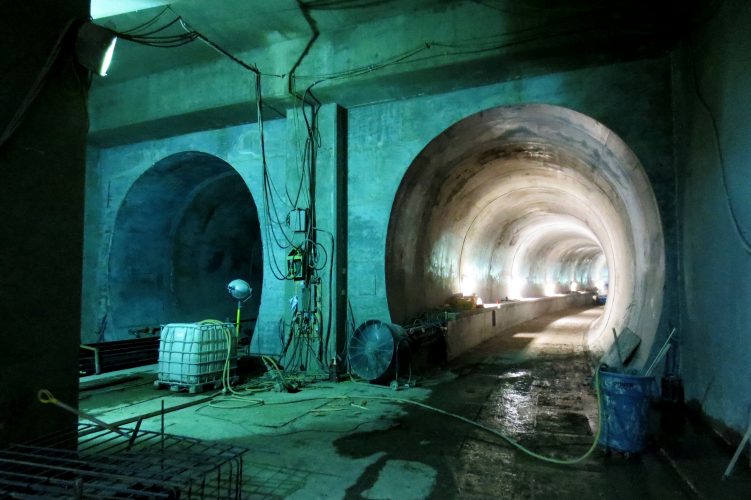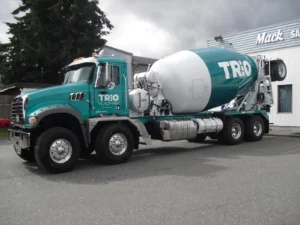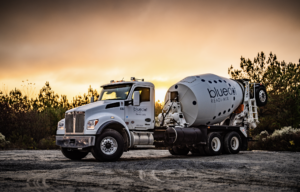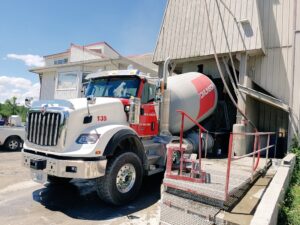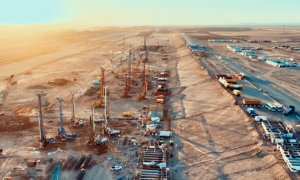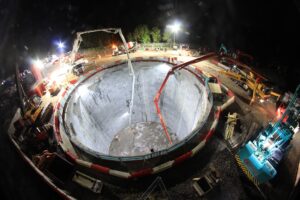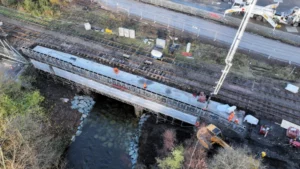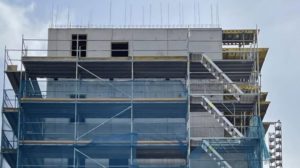The Problem
Inefficient Thermocouples for Concrete Temperature Monitoring
For Graham Superintendent, Frank Hoffmann, the construction of a 130 million dollar, 350,000 square foot transit facility for the city of Edmonton proved to be the perfect opportunity to run a side-by-side comparison of regular thermocouples and SmartRock® wireless concrete sensors for real-time temperature monitoring.
After 20 years of working in the concrete construction industry, Hoffmann was tired of the inefficiencies of thermocouples, which were numerous:
- Wires that were prone to damage;
- The need for an expensive data logger to collect and read results;
- A time-consuming and labor-intensive data-collection process; and
- Manual post-processing and analysis of data.
Clearly this long, repetitive method of monitoring concrete temperature was taking up too much time and money—and the bigger the project, the more resources it required.
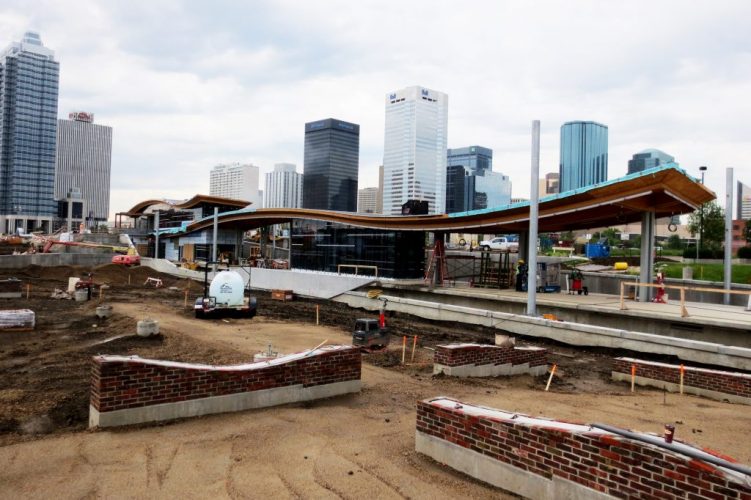
The Solution
A Cost-Efficient, Fully Embedded Sensor for Concrete Temperature Monitoring
What drew Hoffmann to SmartRock first and foremost was that the sensor itself could be fully embedded in the concrete—keeping it out of harm’s way and providing the most accurate in-situ concrete temperature data.
Another surprising feature of the SmartRock sensors was their accuracy when used as a maturity meter, not just in delivering concrete temperature data in real time but also in consistently achieving 90% accuracy in maturity-based strength estimation when compared to standard concrete cylinder breaks—the only difference being that SmartRock didn’t require paying a lab technician, waiting on results, and dealing with inconclusive breaks.
“It was very easy and self-explanatory. No need even for training. It took me 30 minutes to install 10 sensors. Anyone on my jobsite could do it.”
Frank Hoffmann, Superintendent, Graham Construction
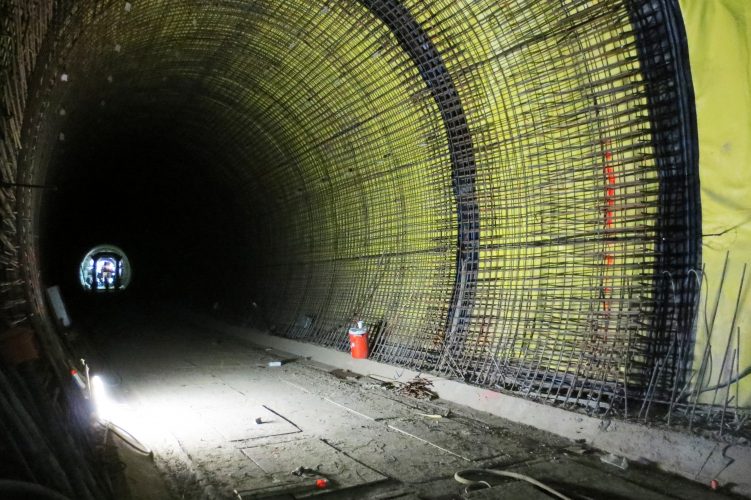
The Results
SmartRock Reduces Labor Costs by an Impressive 85%
Using this transit facility project as a trial for Giatec’s SmartRock sensors, the Graham team gathered undeniable evidence that SmartRock maturity meters far surpass any other concrete temperature and strength monitoring device on the market today. One of the main reasons why SmartRock sensors were able to cut costs so drastically was because they eliminated the need for a technician to visit the jobsite every eight hours to plug into each and every thermocouple, record the temperatures, and go back to the office to save and analyze the data. “I could go to the jobsite myself once every 7 days, take readings and historical data instantly, and send them to the office right off my phone. It was great,” stated Hoffmann.
Furthermore, he claimed that his team saved even more time and money in the data analysis, report generation, and data sharing processes, which were done automatically in the free SmartRock app.
Hoffmann was also quick to point out that these astounding cost reductions didn’t even take into account potential savings related to concrete strength testing. The potential to cut costs there is just as promising, considering that SmartRock sensors are able to minimize (if not completely eliminate) cylinder breaks, thereby cutting material and laboratory testing costs and minimizing delays.
Overall, Frank Hoffmann confidently stands behind Giatec’s technology and is excited to use it in his upcoming projects.
